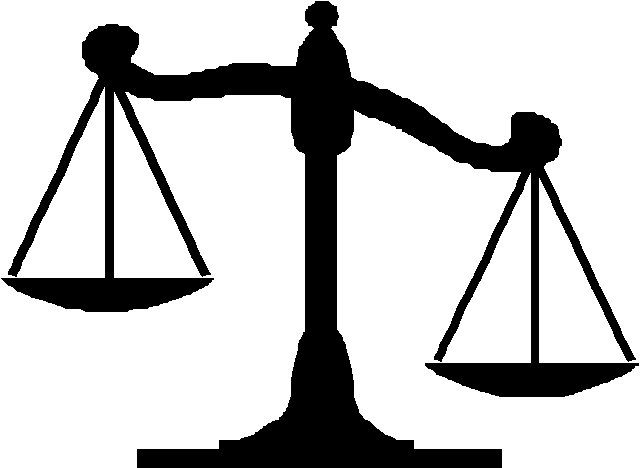"To Love or Not To Love" only introduces the topic of love in the context of dilemma. I would wager, actually, that for most people alive, their hardest decisions are rooted in issues of love. Yet, love sometimes renders decision-making utterly beside the point. Let's consider....
The most famous love verdict in the history of the world (gotta love the hyperbole) is surely that found in
Kings 1, chapter 3. In my own words....
Two prostitutes (yes) brought their case before King Solomon who had just been granted his wish of wisdom (instead of long life, riches, etc.). The first woman told the story that the two women lived in the same house, and had been pregnant together. The first woman delivered three days before her house-mate, and claimed that the second woman had smothered her child in the middle of the night (accidentally, by lying on it, which we might call negligence, and not merely an accident). She maintained that the second woman then switched the babies, so that the first woman woke up to a dead babe in her arms. The second woman contradicted this claim (of course), maintaining that the dead child was indeed the other woman's, and the living child her own. To put an end to the squabbling in the throne room (and to settle the dispute justly, of course), King Solomon called for a sword to split the baby in two, so that the women could each have her half a child. A wise solution in that the maternal love refused this damage to her child. Though one woman agreed to the king's plan, the other said, no, give the child to the other woman. Better the child should survive, though she lose the case.
In the Book of Kings, the story introduces the clever wisdom of Solomon to his realm. For the rest of us, the story is a profound testimony to a mother's love -- not merely because she relinquishes her side of the debate, but because the king could rely on the fact that she would. His assumption is presented as fact: a mother wants her child to live, no matter what. Perversely, I wonder if it's really a commentary on motherhood: regardless of who birthed the child, none who could agree to cutting the baby in half could ever be a true mother -- even if she physically bears children. Ironically, and I don't recall noticing it before today, the text does not indicate which of the two women protested the sword. My assumption has always been that the first women, the one who tells the tale, is bearing false witness (well, kind of). I'm no longer sure why....it seemed to be the flow of the narrative, but I have seen commentary (and there is virtually none on this particular question) that says the claimant (i.e., our first woman) is the mother who jumps in to say - "I take it back. Give the baby to the other woman." Which, as I consider it, makes more sense -- that the woman who brings the case to court has the true grievance. Yet, we know that people bring all kinds of lying grievances to court...which returns us to the text itself. It doesn't specify, and in teaching us of a mother's profound love (and of Solomon's profound wisdom), it does not need to.
I once heard a wise friend thank her eldest son for teaching her the meaning of love. As yet, I suppose I cannot relate, but I have no doubt that the love of parents for their children is surely
sui generis (one-of-a-kind, if your Latin is rusty). It is more generous than the love those same children for their parents (with legal ramifications when allegations are made that a parent harmed a child (
vs. a child harming a parent)). And it is selfless and unconditional in a way that romantic love cannot be. Rather, a child is an extension of self, to a great degree, and loving a child is not contingent on anything. There is nothing for this mother to decide. Her child should live.
Yes, I am aware that there are all kinds of counter-examples, including parents who are separated from their children at birth (sometimes), and people who are unwell....but as verdicts go, a parent's love requires no convincing arguments. The true mother in King Solomon's court does not take a moment to consider - she jumps in to save her baby from the sword. I am sure that you would do the same. Indeed, the hard decision here is not the mother's...but the king's. No wonder it is the paradigm to teach of his wisdom.





